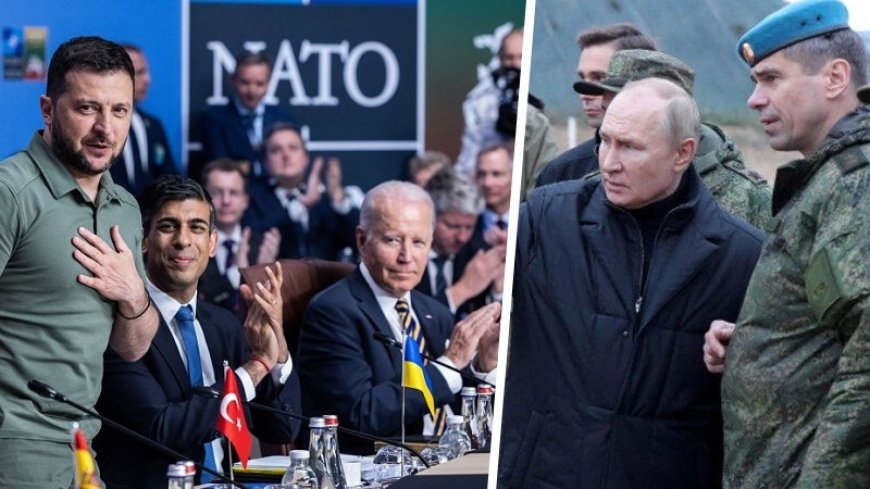Arab Analyst Criticizes Western Hypocrisy and Accusations Against Iran Amid Ukraine Conflict

Abdel Bari Atwan, a prominent Arab world analyst, has criticized Western narratives and actions regarding the ongoing conflict in Ukraine and the role of Iran. Atwan's remarks come amid growing international debate over the alleged involvement of various state actors in the conflict and the broader geopolitical implications.
In a recent article published in the Rai al-Youm newspaper, Atwan addressed recent accusations made by the Wall Street Journal alleging that Iran has supplied ballistic missiles to Russia. According to Atwan, these claims reflect heightened concerns within the United States and NATO about Iran’s advancing military capabilities, particularly in the missile sector. Atwan suggests that such advancements pose a significant challenge to NATO’s strategic position in West Asia.
Atwan's criticism is not limited to the allegations against Iran. He pointed out what he sees as a glaring contradiction in U.S. foreign policy. As the accusations against Iran were being reported, the U.S. State Department announced a new arms package worth $250 million for Ukraine. Atwan argues that this move reflects a broader hypocrisy, where Western nations are seen as amplifying their support for Ukraine while simultaneously accusing other nations of exacerbating the conflict.
The Iranian representative to the United Nations has strongly dismissed the allegations reported by the Wall Street Journal as misleading and unfounded. According to Atwan, this dismissal highlights a pattern of Western misinformation aimed at influencing public perception and policy. The Iranian diplomat has criticized the U.S., France, and Britain for spreading what he described as false narratives.
Atwan also expressed concern over the extension of the war in Ukraine, attributing it to the supply of advanced Western weaponry to Ukraine. He argues that the delivery of long-range missiles and other sophisticated arms by Western powers is not only prolonging the conflict but also crossing "red lines" that could escalate the situation further.
The analyst further highlighted what he perceives as a double standard in Western policies. He contends that while it is deemed acceptable for the U.S. and its allies to supply billions of dollars in modern weaponry, including F-16 fighter jets, Patriot missiles, and new tanks to Ukraine, similar actions by other states are viewed with suspicion or outright condemnation.
Atwan's commentary extends beyond the immediate conflict, touching on broader geopolitical shifts. He argues that the U.S.'s global position is waning due to its perceived complicity in the ongoing crisis in Gaza and its failure to address what he describes as Israeli crimes. According to Atwan, American support for Israel, influenced by domestic political pressures and the Zionist lobby, has further eroded its standing on the international stage.
Atwan concludes by forecasting a shift toward a multipolar world order, suggesting that the influence of the United States will increasingly resemble that of past colonial empires. This perspective reflects a broader sentiment among some analysts that global power dynamics are evolving away from Western dominance.
As the international community continues to grapple with these complex issues, Atwan's analysis underscores the contentious nature of global politics and the challenges in navigating the myriad interests and narratives that shape international relations today.













































